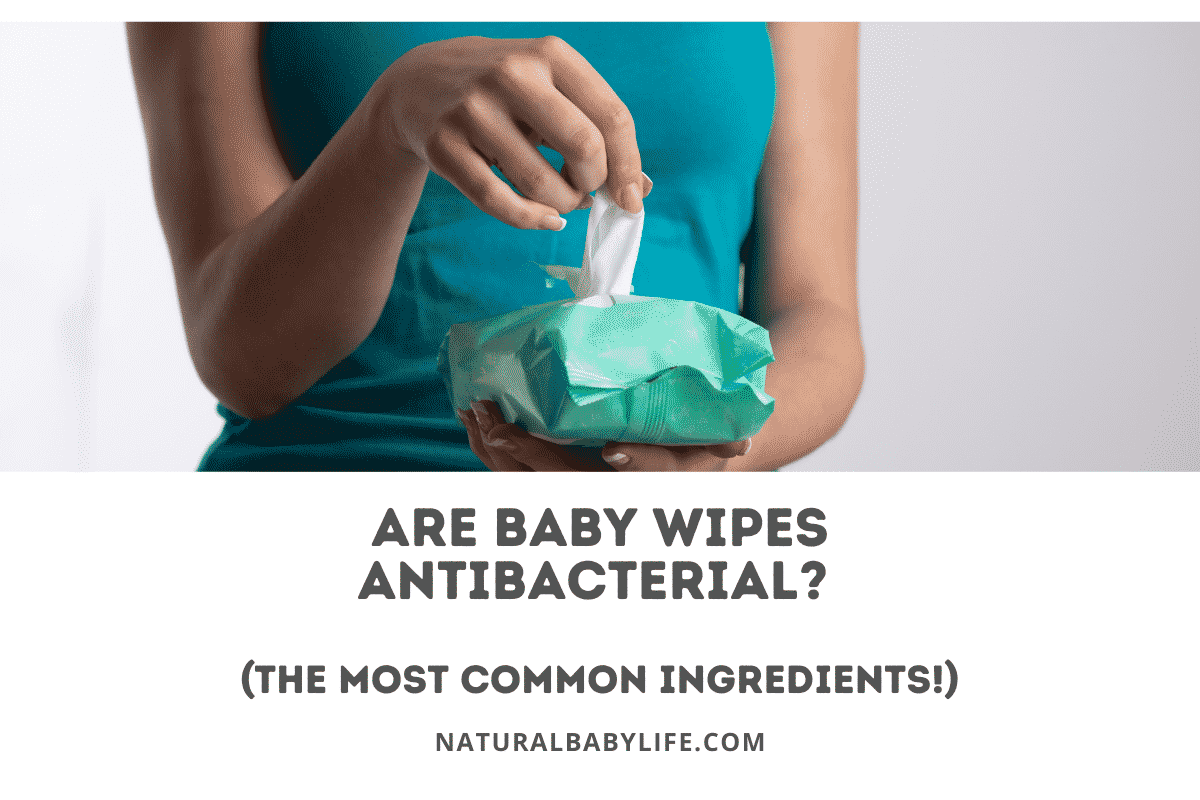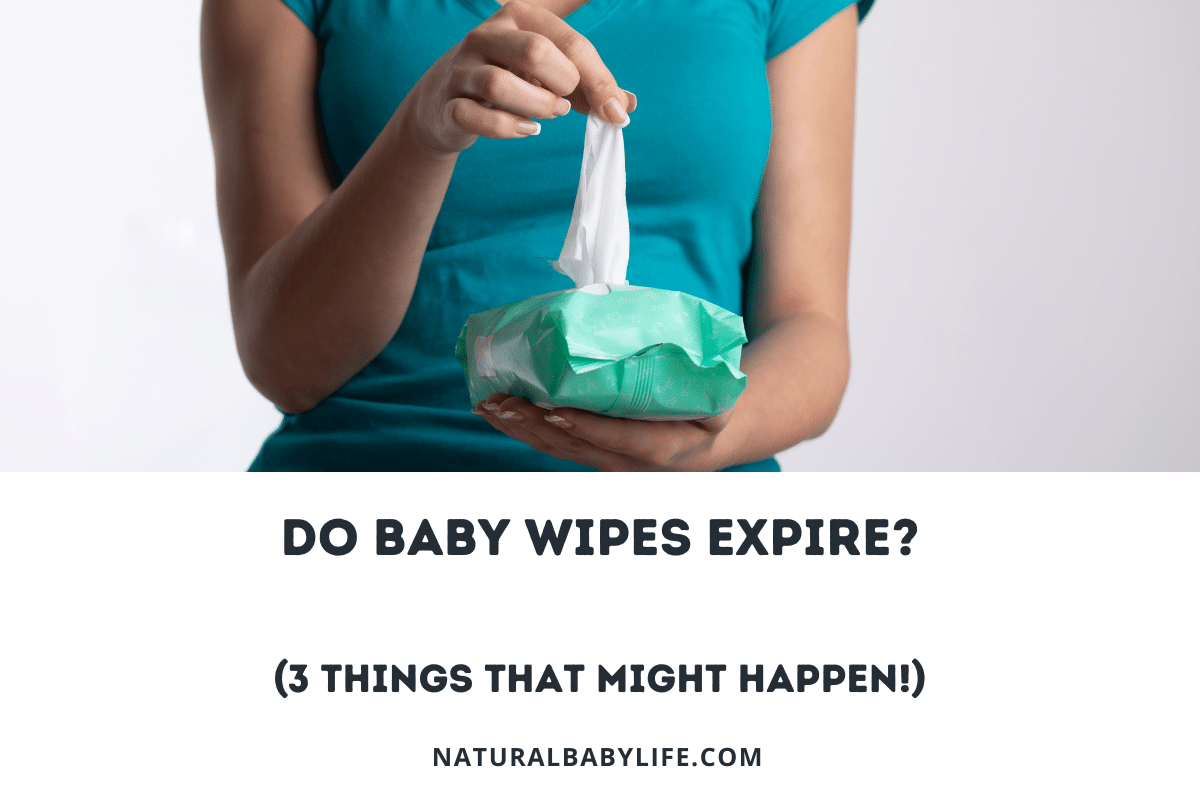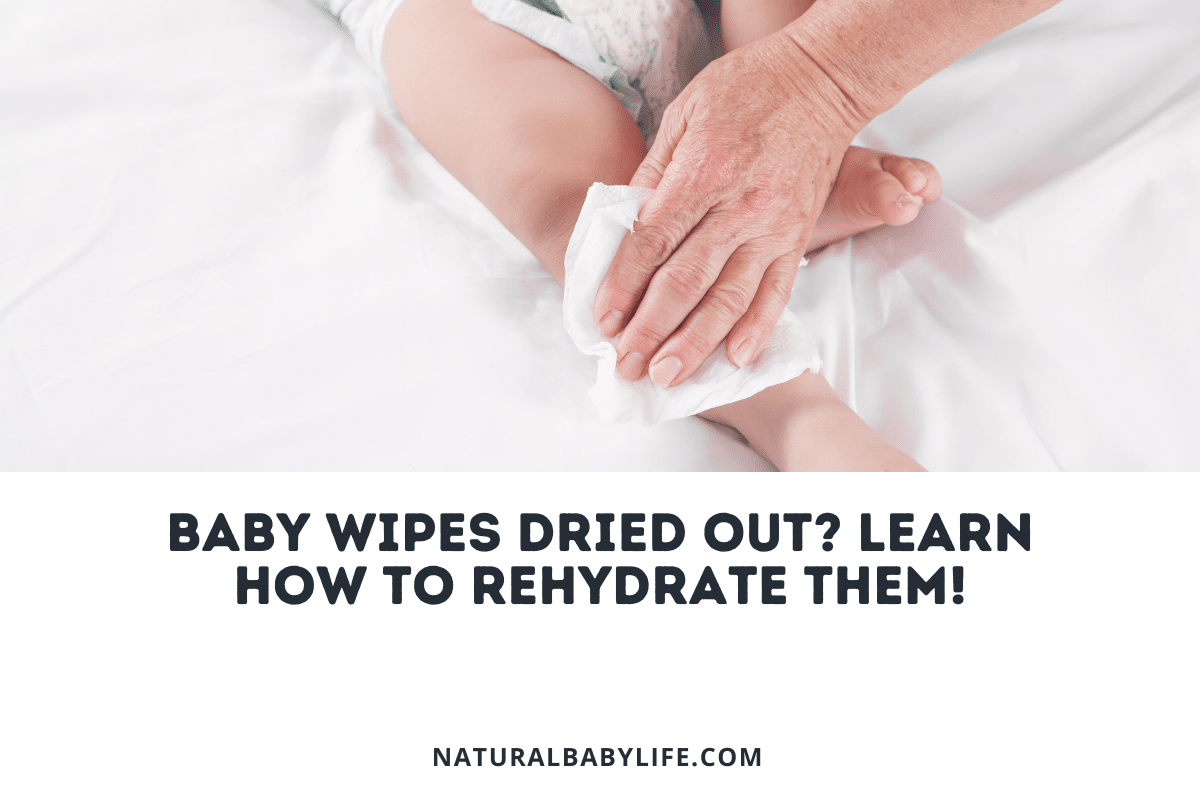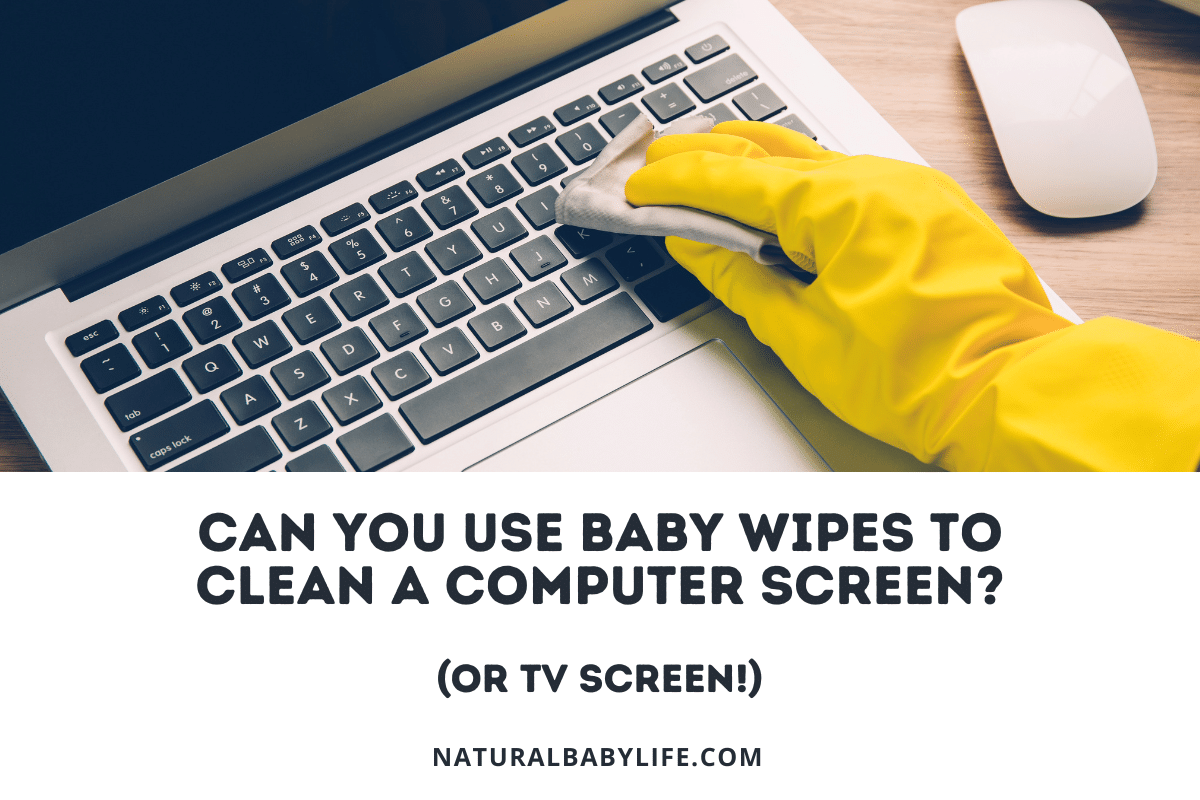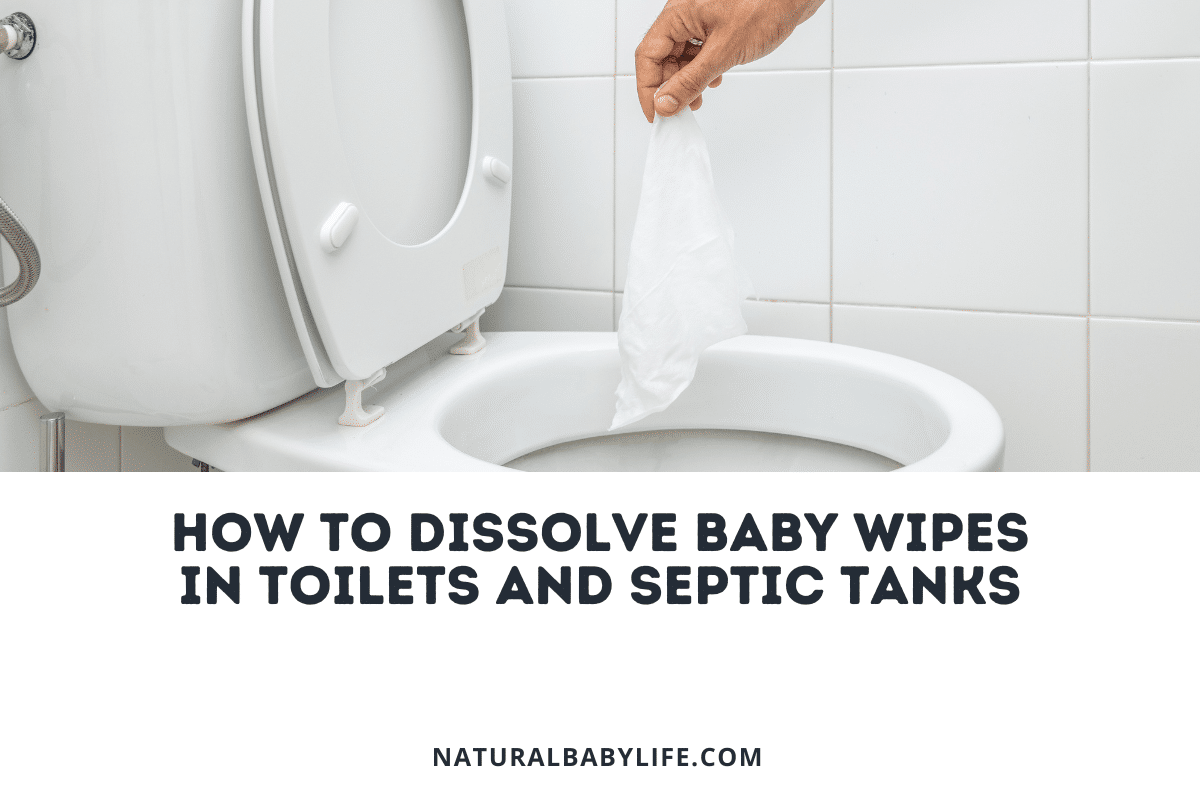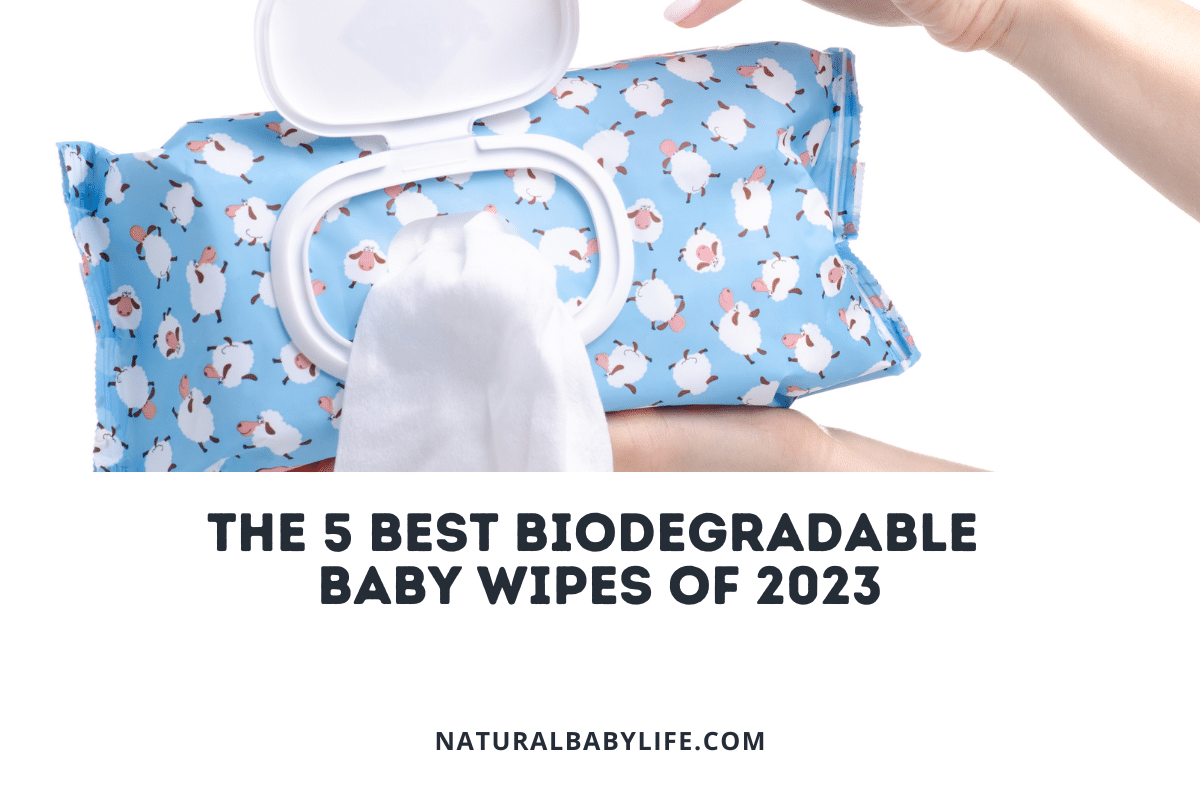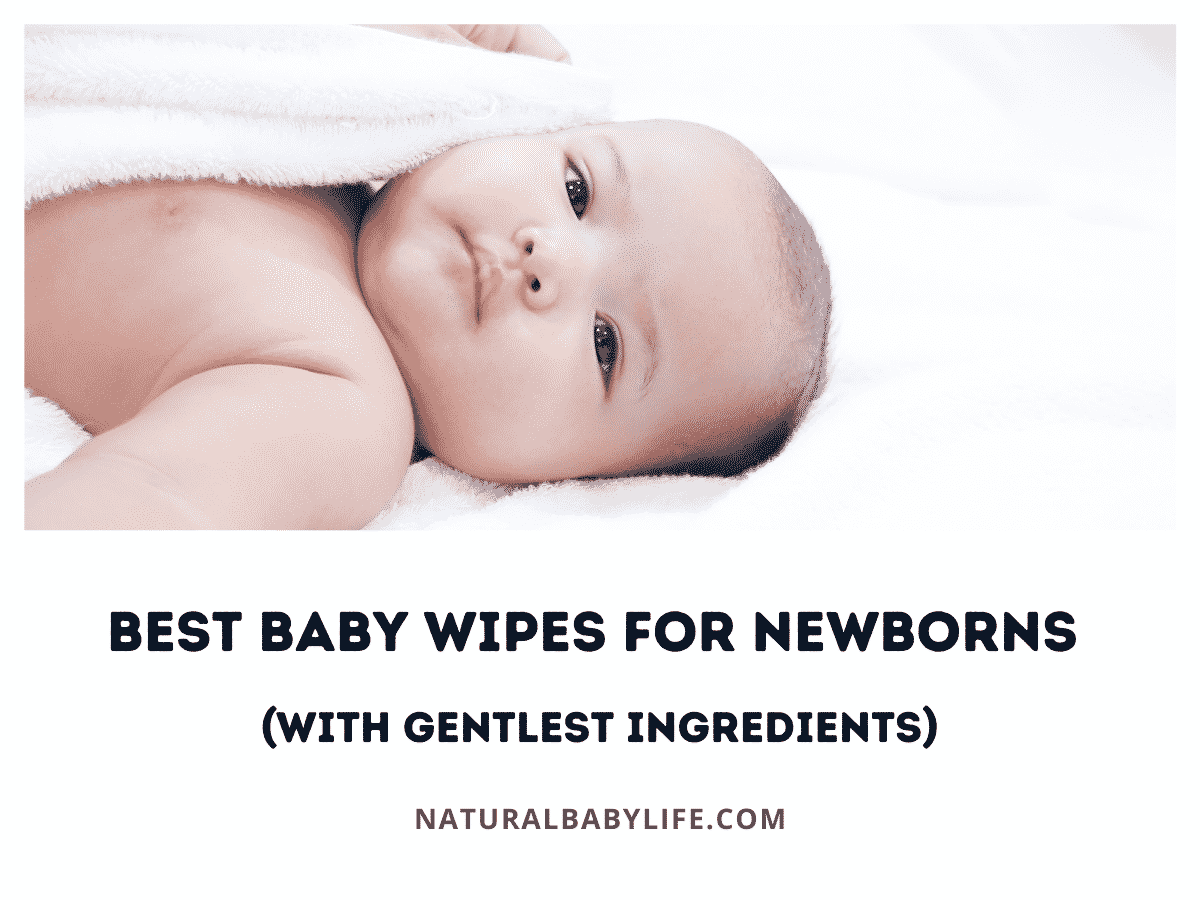We’ve used many different brands of baby wipes over the years and we have a lot of experience cleaning up after germy babies, but I’ve never seen baby wipes that are antibacterial so I started looking into it.
Baby wipes are not antibacterial because they do not contain alcohol or sanitizing chemicals which would be too irritating to a baby’s skin. Baby wipes are not meant to kill germs or viruses and are instead meant to wipe away dirt and other baby messes.
There are a lot of ways to keep your baby clean and it would make sense that antibacterial wipes might be a good thing to have when cleaning up your baby and her messes. Let’s dive into why most baby wipes aren’t antibacterial and check out the best ones to use to keep your baby’s bottom feeling good!
Table of Contents
Antibacterial baby wipes could cause a lot of irritation for baby’s skin
Think about the last time you spent the day cleaning up your house without gloves on or used way too much hand sanitizer. Your hands were probably feeling a bit like sandpaper by the end of the day and you were running for some lotion.
Since a baby’s skin isn’t as tough as an adult’s, a lot of chemicals and even alcohol-based sanitizers can be very drying and irritating for infants and toddlers. If you consider the fact that babies will have their diaper changed a half-dozen times each day, coupled with several hand and face wipes, it’s not hard to imagine your baby’s skin getting red and irritated.
While it’s easy to think that you should be constantly sanitizing a baby’s bottom after dirty diapers, a little bit of baby poo is highly unlikely to cause issues like diaper rash or infections unless the dirty diaper is left on for a long period of time or there are cuts or other open wounds in that area. Don’t get me wrong, it’s still gross. You just don’t have to bleach the baby’s bottom every time something comes out.
Under normal circumstances, your baby will be just fine.
If you ever see redness, irritation, sores, rashes, or anything else out of the ordinary then you should probably consider a trip to the pediatrician. While most irritation will go away on its own, yeasty rashes will usually require an antifungal.
Personally, we’ve never used any kind of antibacterial wipes on our son and he has literally had zero problems with diaper rash – it’s a little crazy how few problems we’ve had since we switched to natural baby wipes in general!
I have seen many people asking can baby wipes get rid of things like the flu on surfaces and the answer is NO! If you are looking for an antibacterial wipe to help disinfect items around the house such as doorknobs or toys when there has been flu or other illness in the house, then you probably shouldn’t be looking at baby wipes. Instead, I would recommend something like these.
What are the most common sanitizing chemicals in antibacterial wipes?
By far, the most common kind of chemical that you’ll find in a typical antibacterial wipe is what’s known as a quat (quaternary ammonium compound) and they will show up under many different names. If you are checking labels, look for any of these:
- Didecyl dimethyl ammonium chloride
- Dioctyl dimethyl ammonium chloride
- Alkyl dimethyl benzyl ammonium chloride
- Alkyl dimethyl ethyl benzyl ammonium chloride
- Benzalkonium chloride
- Benzethonium chloride
The good thing about these chemicals is that they have been proven to kill many dangerous bacteria such as E. coli and Staph when used as recommended. The problem is that they are way too strong for most household needs in the concentrations found in antibacterial sprays and wipes and definitely too strong to clean up human skin, especially babies!
Quats are known irritants to the lungs, especially for those with allergies and asthma. They are also known skin irritants and can produce rashes if you leave them on the skin too long or the concentration is too high. Fun fact, most antibacterial wipes will tell you to wash your hands after use which completely defeats the purpose of using them to clean up in the first place! While quats weren’t banned, it’s a little telling that the FDA recently banned 19 other similar chemical sanitizers from consumer goods because of similar issues.
Unlike bleach or alcohol, quats will also stick around on the surface that you’ve cleaned with them, potentially contaminating food or ending up in a baby’s mouth since they are constantly sticking things in their mouth!
Giving your baby a bath in warm, soapy water is the best way to keep her clean
The best advice for cleaning up a baby safely is to use baby wipes during normal diaper changes along with a daily bath using warm, soapy water. In fact, studies have shown that the act of washing your body with soap and water actually removes more harmful bacteria than using sanitizers alone.
According to the CDC, it’s the cumulative effects of everything you do while washing your hands or body that does the real work and following a few simple steps will get the job done right:
- Wet the baby’s body with clean water (not too hot, not too cold!)
- Turn off the bath and lather up soap using your hands or a washcloth. Be sure to get all of the between areas like toes and armpits!
- Scrub around the body with the washcloth for at least 20 seconds
- Rinse the baby well with clean water
- Dry off with a clean towel and get that baby dressed before she freezes!
Surfactants in the cleanser will help loosen up soil, bacteria, and dead skin from your baby’s body and the gentle scrubbing will wash them away so they can simply go down the drain.
Alcohol-based wipes and sanitizers can be used in a pinch
Of course, you don’t always have access to a bathtub, so there are situations in which antibacterial wipes or sanitizers can be helpful. If you are on the road or otherwise out and about, you might want to have a few handy just in case.
The CDC recommends against using wipes or sanitizers that contain chemicals like the quats we talked about earlier. Instead, they recommend an alcohol-based sanitizer or wipe that has at least 60 percent alcohol in the mix. This concentration has been proven to quickly drop the number of dangerous microbes on your hands under ideal circumstances and won’t cause as much irritation as the quats because they quickly evaporate into the air instead of sticking around.
If you want more information on this subject, check out my recent blog post on why there isn’t usually alcohol in baby wipes to see why they leave it out.
If you are going to rely on a sanitizer don’t forget that they are not nearly as effective if the skin is visibly dirty or greasy. While they can kill germs, they aren’t going to do a thing about actual dirt and they can’t get to the germs if they are covered in grease.
Which wipes will be the safest for my baby’s skin?
Now that we’ve determined that you don’t need to use antibacterial wipes on your baby’s bottom, you might be wondering what you should be using. My biggest concerns when recommending any baby products to a friend are safety and effectiveness. Here’s what my ideal wipes include:
- No dangerous chemicals included in the solution
- Preferably a biodegradable cloth
- Durable
- Fairly priced
- A ‘fragrance-free’ fragrance that doesn’t smell horrible – I still can’t figure out why some smell horrible and others just smell more like nothing.
The good news is that there are really a lot of options available on the market today that are going to solve both of those problems. My current top recommendations can be found in this roundup of the best 5 biodegradable baby wipes on the market that I have personally used and tested! Not only will these all do a fantastic job of cleaning up your baby safely, but they also won’t be a burden to landfills for years and years!

